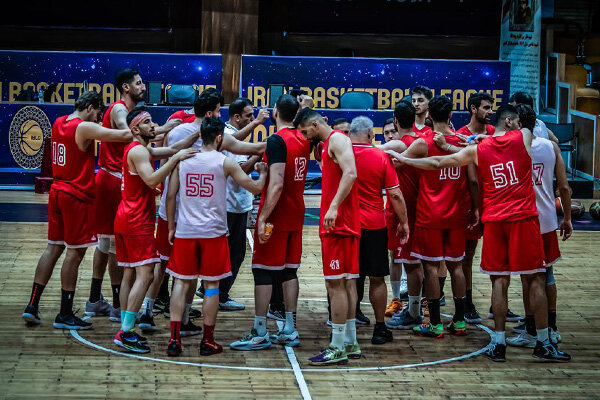Young guns, big dreams: Iran’s risky Asia Cup journey

TEHRAN - The Iran national basketball team are set to compete for the 18th time in the prestigious FIBA Asia Cup, which will be held from Aug. 5 to August 17 in Jeddah, Saudi Arabia. Historically, Iran rank as the third most successful team in the competition’s history, boasting three championship titles (2007, 2009, and 2013), one runners-up finish, and one bronze medal — trailing only China and the Philippines in Asia’s basketball hierarchy.
Since the tournament’s inception in 1960, Iran have participated 17 times, showcasing consistent performances and earning a respected place among Asian basketball elites. China lead with 16 titles, followed by the Philippines with five, while Iran hold a commendable three championships.
This edition marks the first time in nine tournaments that the Iranian team will compete without Hamed Haddadi, the legendary center who has been instrumental in the team’s past successes. Under the guidance of Greek head coach Sotiris Manolopoulos, the national team will rely on a younger roster aimed at rebuilding and gaining valuable experience.
The final squad consists of 12 players: Sina Vahedi, Mobin Sheikhi, Mohammad Amini, Navid Rezaeifar, Mohammadmahdi Heydari, Arman Zangeneh, Arsalan Kazemi, Matin Aghajanpour, Mohammadmahdi Rahimi, Hasan Aliakbari, Salar Monji, and Mahdi Jafari.
Iran have been drawn into Group B, facing Japan, Syria, and Guam in the preliminary stage.
Significant absences in the roster include Behnam Yakhchali, one of the team’s key guards in recent years, who opted out for personal reasons. This has posed a challenge for coach Manolopoulos, who has struggled to find a reliable point guard replacement.
Also notable is the absence of Piter Girgoorian, a high-performing player, who helped Shahrdari Gorgan secure the Iranian league title last season.
Salar Monji, the team’s center, recently returned from hand surgery after a fracture, and his current form remains uncertain.
Overall, the squad’s composition clearly signals a strategy focused on youth development, which carries risks given the high-pressure environment and the experience needed to compete with Asia’s basketball powerhouses.
As Iran starts this new chapter, the balance between developing young talent and securing immediate success will be crucial. The 2025 FIBA Asia Cup presents an opportunity for the Iranian national team to assert themselves again on the continental stage and lay foundations for the future of basketball in the country.
The group stage schedule for Iran is as follows:
August 6: Iran vs. Guam at 18:30 (Iran time)
August 8: Iran vs. Japan at 14:40
August 10: Iran vs. Syria at 21:30
Leave a Comment